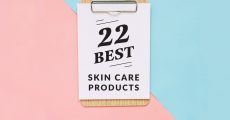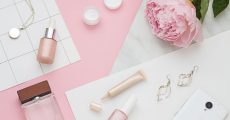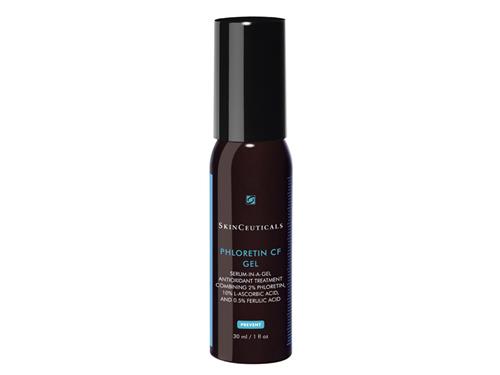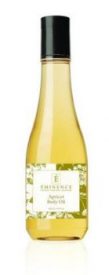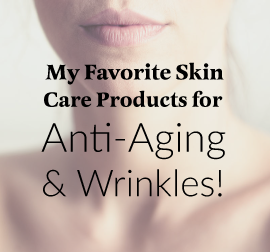Drugstore repair products – what’s good, what’s not.
Great question! Drugstores tend to have nice, inexpensive cleansers like Cerave or Cetaphil and decent moisturizers. For moisturizers, try the bland CeraVe, Cetaphil, or Vanicream creams or lotions. These are NOT organic! For more organic or “natural” choices try more naturopathic pharmacies like Pharmaca or products at the Co-op or Whole Foods, for example.
4 Key Concepts
- Drugstores don’t tend to have high quality repair creams or sunscreens. This is because these are expensive ingredients and would push their price points up too much.
- Also good to know: many skincare products labelled “natural” really aren’t very natural if you read the labels. Try to get in the habit of look at least at the first 5 ingredients on labels. 🙂
- You can ignore the “cocktail” of 2 molecules of every plant extract known to man that some companies add. This doesn’t benefit your skin much, but could increase your risk of an allergy to the product.
- Beware the counterfeit skincare products sold on the web. If it’s a cheap version of an expensive product, it’s probably a fraud. You can usually find very subtle differences in the packaging between the authentic and the bogus. Inside may contain half or less of the active ingredients.
Drugstore repair products – how to spot good ones
To ensure you get a quality product, look at the percentages of active ingredients. Look for:
- Sunscreens with Zinc 10-20%,
- Vitamin C serums with 10-20% vitamin C (like this one). Avoid the creams.
- Retinols that are 0.25 to 1.0% (like this one). The 0.25 being a good starting point for nubies and those with sensitive skin. You’ll notice that lower quality products often don’t tell you the % of the key active ingredients. You might have to do some internet research to try and find out. Often that information can’t be found and the company won’t disclose it.
- Niacinamide in 2-3%. You’ll see this ingredient more. There are claims that it helps decrease redness and “firms” skin. It’s performance in humans over time is still in question.
For more on how to spot quality skincare products by brands you’re not familiar with, see my blog here.
Here‘s my blog on a good skin care regimen for someone in their 40s and 50s.
Checkout my “Aging Face by Decade” infographic to explore the various signs of aging you encounter as you age, and your options for skincare products and treatments.




